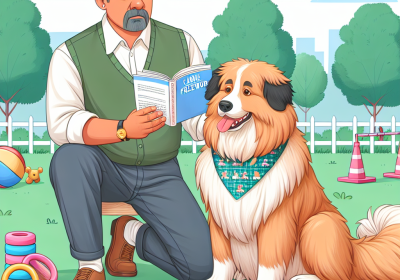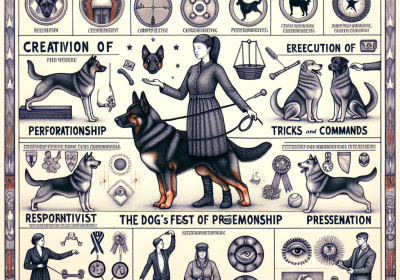The Ins and Outs of Canine Freework Competitions
Table of Contents
- Understanding The Basics Of Canine Freework Competitions
- Training Tips For Success In Canine Freework Events
- Common Mistakes To Avoid In Canine Freework Competitions
The Ins and Outs of Canine Freework Competitions
Canine Freework Competitions are an exciting and dynamic aspect of dog sports that emphasize creativity, precision, and the unique bond between handler and dog. These competitions showcase a dog’s ability to perform a series of choreographed movements and tricks, often set to music, highlighting their agility, obedience, and training. Unlike traditional obedience or agility trials, Freework Competitions allow for a greater degree of artistic expression and innovation, encouraging handlers to develop routines that reflect their dog’s individual strengths and personalities. Participants are judged on various criteria, including the complexity of the routine, the synchronization between dog and handler, and the overall entertainment value. This sport not only provides a platform for dogs to display their skills but also fosters a deeper connection and understanding between the canine and their human counterpart.
Common Mistakes To Avoid In Canine Freework Competitions
Canine freework competitions, a dynamic and engaging sport, require a harmonious blend of skill, training, and understanding between the handler and the dog. However, even the most experienced participants can fall prey to common mistakes that can hinder their performance. One prevalent error is inadequate preparation. Handlers often underestimate the importance of consistent and comprehensive training. It is crucial to ensure that the dog is well-versed in a variety of commands and routines, as this versatility can significantly enhance performance. Moreover, training should not be limited to physical exercises alone; mental stimulation is equally important to keep the dog engaged and responsive.
Another frequent mistake is neglecting the dog’s physical condition. Just like human athletes, dogs need to be in peak physical health to perform optimally. Handlers should ensure that their dogs receive regular veterinary check-ups, a balanced diet, and appropriate exercise. Overlooking these aspects can lead to fatigue or even injury, which can severely impact performance. Additionally, it is essential to be mindful of the dog’s emotional well-being. Stress and anxiety can be detrimental, so creating a positive and supportive environment is paramount.
Furthermore, handlers often make the mistake of not familiarizing themselves with the competition rules and guidelines. Each competition may have specific requirements and restrictions, and failing to adhere to these can result in disqualification or penalties. It is advisable to thoroughly review the rulebook and, if possible, attend a few competitions as a spectator to gain a better understanding of the expectations. This preparation can help avoid unnecessary mistakes and ensure a smoother performance.
Timing is another critical aspect that is frequently overlooked. Handlers must be adept at managing the time allocated for their routines. Rushing through the performance can lead to sloppy execution, while taking too long can result in penalties. Practicing the routine multiple times and timing each segment can help in achieving a balanced and well-paced performance. Additionally, it is beneficial to have a contingency plan in case something goes awry during the routine. Being able to adapt and recover gracefully can make a significant difference in the overall impression.
Moreover, communication between the handler and the dog is of utmost importance. Clear and consistent signals are essential for the dog to understand and execute the commands accurately. Handlers should avoid using ambiguous cues or changing commands frequently, as this can confuse the dog and disrupt the flow of the routine. Building a strong bond and mutual understanding through regular practice and positive reinforcement can greatly enhance communication and performance.
Lastly, one of the most common mistakes is not learning from past experiences. Handlers should take the time to review their performances, identify areas of improvement, and make necessary adjustments. Seeking feedback from judges and fellow competitors can provide valuable insights and help in refining techniques. Continuous learning and adaptation are key to excelling in canine freework competitions.
In conclusion, while canine freework competitions are a thrilling and rewarding endeavor, they require meticulous preparation and attention to detail. By avoiding these common mistakes and focusing on comprehensive training, physical and emotional well-being, adherence to rules, effective time management, clear communication, and continuous improvement, handlers can significantly enhance their performance and enjoy a successful and fulfilling experience in the world of canine freework.
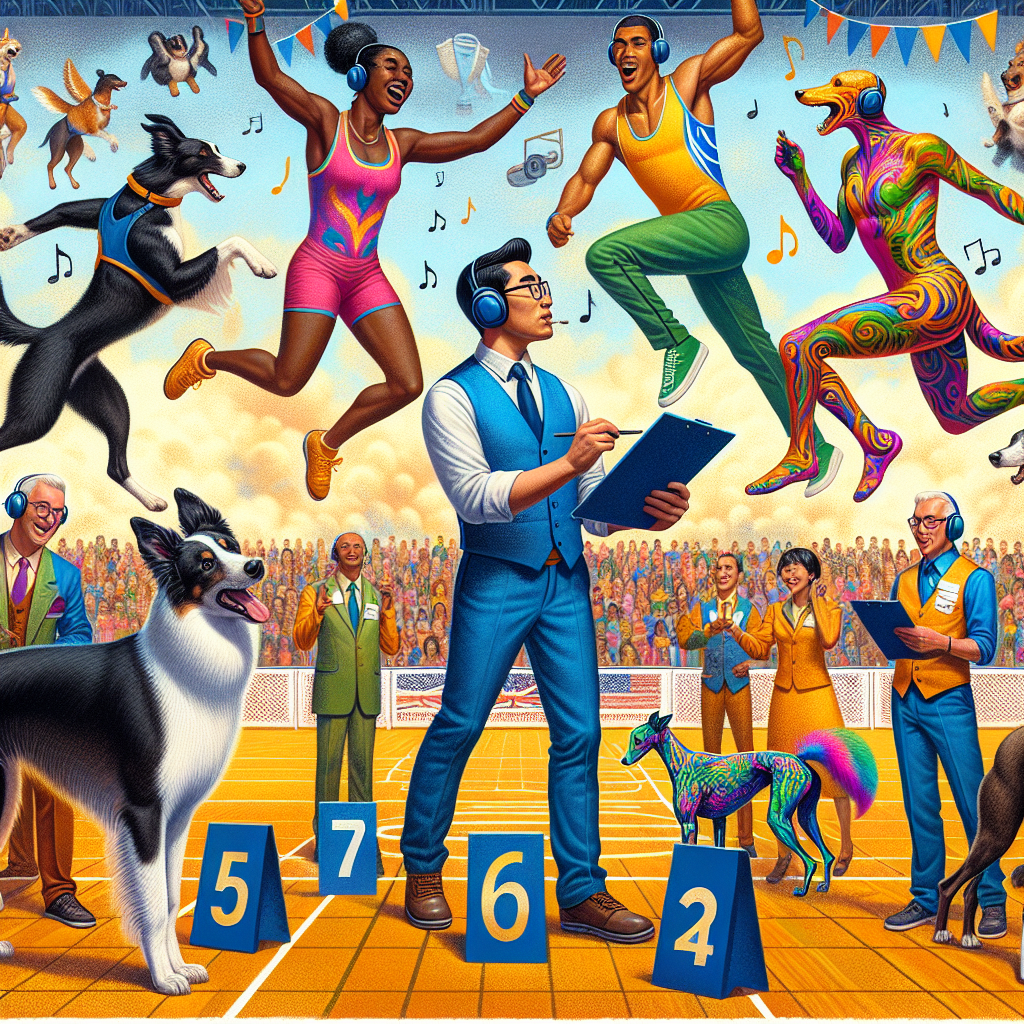
Read more about Canine Freework
Canine Freework Competitions
The Ins and Outs of Canine Freework Competitions
Popular Canine Freework Competitions Around the World
How to Train for Canine Freework Competitions
Judging Criteria for Canine Freework Competitions
Tips for First-Time Competitors in Canine Freework


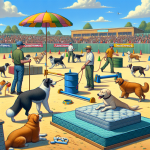
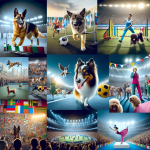
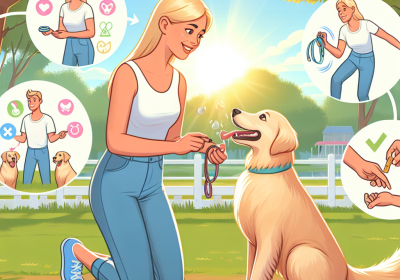
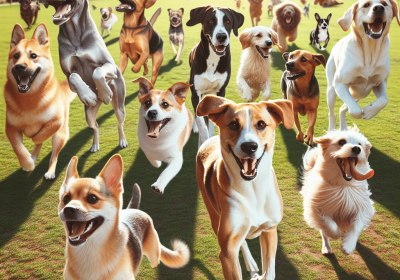
![The Dog Podcast Uncovers Startling Truths About What We Feed Our Dogs [Press Release]](https://theblogwave.com.au/wp-content/uploads/2024/08/canine-food-scaled-400x280.jpg)
